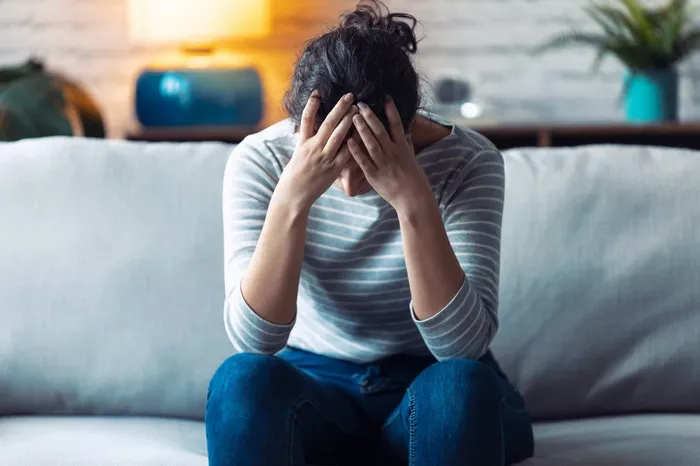FAQs
Does going outside help depression?
Spending time outdoors can positively impact depression by exposing you to natural light, which helps regulate your circadian rhythms and mood. Additionally, being in nature can reduce stress levels and promote physical activity, which are both beneficial for managing depression.
Is being around people good for depression?
Yes, being around supportive and understanding people can be beneficial for managing depression. Social interaction provides emotional support, reduces feelings of isolation, and can distract you from negative thoughts. Engaging in meaningful conversations and activities with others can enhance your mood and sense of belonging.
How does having fun help with depression?
Engaging in enjoyable activities releases endorphins, neurotransmitters that act as natural mood lifters. Fun activities provide a distraction from negative thoughts and can help break the cycle of rumination common in depression. They also promote a sense of accomplishment and enjoyment, contributing to overall well-being and mood improvement.
Related topics:
- Can Depression Be Diagnosed by Blood Test?
- Tourette Syndrome vs OCD: What is the Difference?
- What is PDD: Causes, Impact & Treatment


